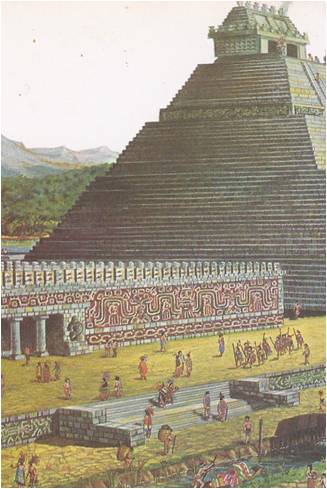“I DID NOT come to till the soil like a peasant,” said Hernando Cortez. “I came to find gold.” His words echoed the thoughts of almost every Spaniard in the New World. The discovery of the sea route to the West had set off a great treasure hunt. Colonizing and slaughtering, building and plundering, the gold-hungry Spaniards won a Spanish Empire of the West. Conquistadores‚ they were called — the conquerors. None of the treasure-hunters was more cunning or ambitious than Hernando Cortez‚ who came to the island of Hispaniola in 1504. It was not until 1519 that the governor …
Read More »Tag Archives: Vikings
Feudal France 814-1314
AFTER THE BREAKUP OF CHARLEMAGNE’S Empire, France, the western half of the empire, was ruled by a series of weak kings. They were so weak that they were known as the “do-nothing kings,” and indeed, they could do nothing to stop their powerful and greedy nobles from fighting among themselves. Finally the Carolingian line came to an end and the Franks, as the French were then called, elected a new king. He was Hugh Capet, a relative of the famous Count Odo who had directed the defense of Paris against the Vikings. With Hugh began the line of Capetian kings …
Read More »Byzantium and Russia 400 B. C. – 1240 A. D.
THE BEGINNINGS of Russian history date back to the centuries when Byzantium was at the height of its glory. A thousand years before that Herodotus, the Greek explorer, found Greek settlements on the northern shore of the Black Sea. They traded with the Scythians, a tribe of nomads living on the open plains that stretched eastward for thousands of miles to the mountains of Asia. Bordering these plains on the north were the forest lands and above them, in the far north, stretched the frozen wastes of the arctic tundra. In all that vast land there were no barriers, no …
Read More »

